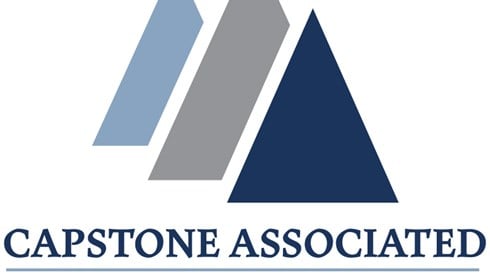The IRS's Settlement Offer to Micro-Captive Insurance Companies

Alan Fine | October 21, 2019

Background
For the past several years, the Internal Revenue Service (IRS) has been waging war against many taxpayers who have availed themselves of the micro-captive insurance company strategy. While it's unclear how many captives and their owners this has impacted, the number may be more than 1,000.
For most taxpayers undergoing an examination of their micro-captives, the IRS has started with the supposition that the arrangement does not qualify as insurance for tax purposes and then papered its files in attempts to support this conclusion. This involves lengthy, repetitive document requests for each of the years under exam, followed by repeated statute of limitations extensions, and generally concludes with the IRS disallowing the deduction for the insurance premiums. The process does not improve at the appeals level, either, even though the appeals process is intended to provide an independent review of the positions of both the IRS and taxpayers.
Settlement Offer
To begin dealing with the swell of micro-captive cases amid shrinking resources, last month the IRS issued a notice announcing the mailing of a settlement offer for certain taxpayers under examination for participating in "abusive micro-captive insurance transactions." While it is not clear who received the settlement offer, only 200 such letters were mailed. Taxpayers not receiving the letter are ineligible for the settlement offer. Taxpayers receiving the offer had 30 days to accept (although the offers did provide taxpayers the opportunity to ask for a single 30-day extension).
Under the terms of the settlement, taxpayers are required to concede 90 percent of the deductions taken for premiums paid to the captive for all open tax years; the deductions for the remaining 10 percent will be sustained. Unlike the result in the Syzygy case, the captive will not be required to include any of the premiums in income. To the extent that lineal descendants owned the captive (as was allowed prior to the passage of the Protecting Americans from Tax Hikes (PATH) Act), gift tax returns must be filed to reflect the transfers to the captive shareholders (the 90 percent disallowed premiums). The captive will either be required to liquidate or its shareholders will be required to recognize income resulting from a deemed dividend. Accuracy penalties will be imposed at a reduced rate of 10 percent of the tax, with the possibility of eliminating the penalties completely if (1) they have not previously participated in any other reportable transaction and (2) they relied upon advice from an independent tax adviser.
What To Think about the Settlement Offer
The notice repeatedly mentions "abusive" captive insurance transactions. Unfortunately, there is little guidance indicating what a nonabusive captive transaction would look like. Certainly, there are examples of how not to run a captive, such as Avrahami, which reads like a list of what not to do with a captive. Captive insurance transactions absolutely need to meet the requirements of an insurance arrangement (risk shifting, risk distribution, involve insurance risks, and meet the commonly accepted notions of insurance), and the regulatory nature of the captives needs to be respected. Claims procedures should be established and followed.
The settlement offer seems to reflect the view by the IRS that all micro-captive transactions are "schemes" until proven otherwise. While the reduction of penalties is certainly helpful, allowing only 10 percent of the premium deduction may not encourage many taxpayers to accept the settlement offer. Additionally, the terms of this offer are not as favorable as was previously provided in appeals, where several taxpayers were offered sustaining 20 percent of the premium deduction.
The approach employed by the IRS with respect to micro-captives, including the terms of this offer, seem to subvert, if not completely ignore, Congressional intent. In 2015, Congress passed the PATH Act, which included an amendment to Section 831(b) for the first time since its initial codification in 1986. These changes, in addition to increasing the premium limitation from $1.2 million to $2.2 million, instituted "diversification" (eligibility) requirements designed to eliminate the tax-free transfer of wealth to lineal descendants in addition to the benefit derived from making the 831(b) election. As this would only apply to captive insurance companies, Congress was clearly aware that middle-market businesses were availing themselves of the micro-captive insurance strategy. It appears, however, that the IRS has yet to receive this message.
Alan Fine | October 21, 2019







